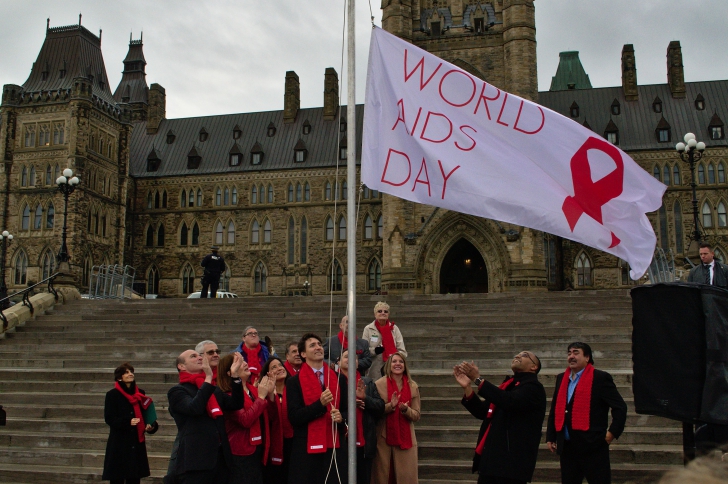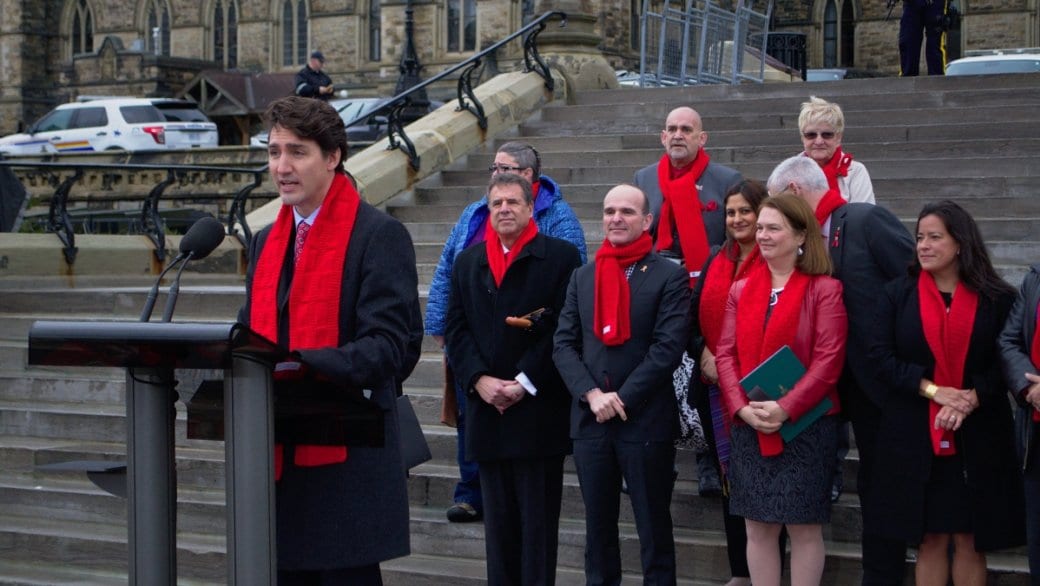The Canadian federal government says it will attempt to reverse one of the world’s toughest legal systems for people with HIV/AIDS, a move advocates say would be a major change in how Canada deals with the virus.
“Just as treatment has progressed, the criminal justice system must adapt to better reflect the current scientific evidence on the realities of this disease,” Justice Minister Jody Wilson-Raybould said in a Dec 1, 2016 statement for World AIDS Day.
The government is considering creating prosecutorial guidelines, which could ask judges to consider less severe sentences for people charged in HIV non-disclosure cases, based on the real risk of transmission and the accused’s intention in the case.
That would be a major change for a legal system that has given harsh sentences to people living with HIV who have exposed others to the virus — regardless of their intent or whether the disease was actually transmitted.
“I intend to work with my provincial and territorial counterparts, affected communities and medical professionals to examine the criminal justice system’s response to non-disclosure of HIV status,” Wilson-Raybould says in the statement.
HIV/AIDS organizations say more than 170 people in Canada have been charged with criminal offences for failing to disclose their HIV status, with some facing murder charges. In October, the executive director of the HIV & AIDS Legal Clinic of Ontario said he’s heard other countries ridicule Canadian courts at global conferences.
“Canada remains a world leader in prosecuting people with HIV,” said Ryan Peck, during a panel discussion on LGBT issues that included activists, scholars and parliamentarians. “It provides a disincentive for people to get tested in the first place.”

- 80 percent of HIV-infected persons know their status
- 76 percent of those diagnosed are on treatment
- 89 percent of those on treatment have suppressed viral loads.
Last year, the Liberal government endorsed a 2014 UN AIDS plan known as the 90-90-90 targets, which aim at reaching 90 percent in all three of the above categories by 2020.

 Why you can trust Xtra
Why you can trust Xtra


